
About This Quiz
It's time to get your emoji mojo on! Here is a quiz that's sure to satisfy everyone's atlas-loving, globetrotting side!😋
Europe may be the second smallest of the seven continents, but it is home to over 40 countries with more than 740 million people. Cultures throughout the continent vary widely from Scandinavia to the Iberian Peninsula, from the Mediterranean countries in the south to the transcontinental countries in the east.
Each of European countries boasts a long and colorful history that is often very intertwined with the history of its neighbors. As much as they all share a continent, however, each country has proudly developed its own identity.
So, can you make the pizza connection? How about saunas or the three-leaf clover? If those sound too easy, then perhaps you will easily figure out all the others, too! Like which European country is associated with the brown bear and which with horses and the space program. Uh-oh, did we just stump you?Â
It's time to find out if you are as versed on European culture as you think - or will this emoji quiz leave you totally confused? 😕 Come show what you've got as you strut your stuff through this European emojis quiz!
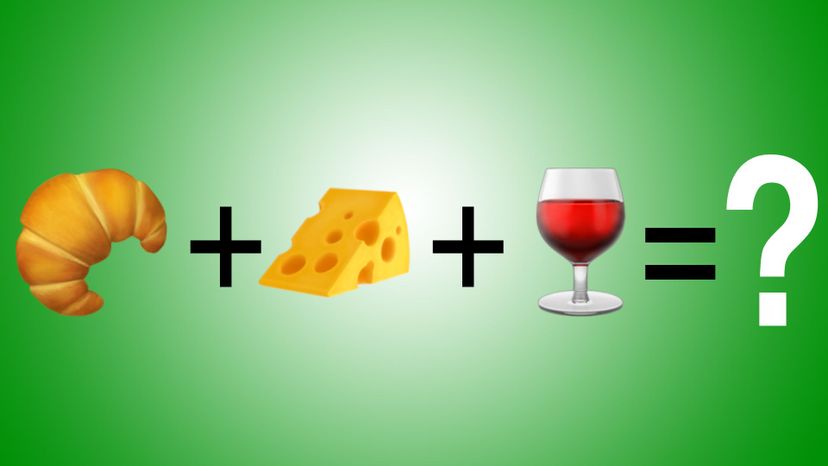
France has given the world some very delicious foods and beverages. Among them is champagne which, by law, must be made in the Champagne region of France. If it's made anywhere else, then the manufacturer will have to stick to merely calling it sparkling wine, instead!
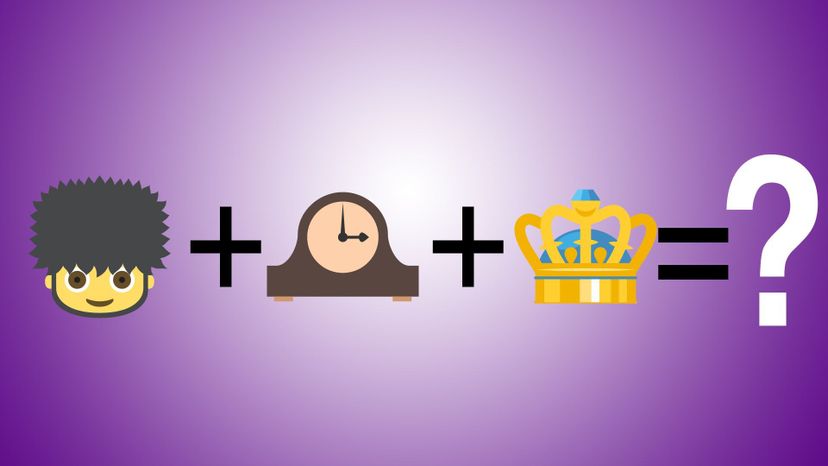
The UK's Big Ben is easily one of the world's most recognizable landmarks. While most people associate the name with the clock or tower, it is actually the largest of the tower's five bells that is officially known as Big Ben. That bell weighs an astounding 15 tons!
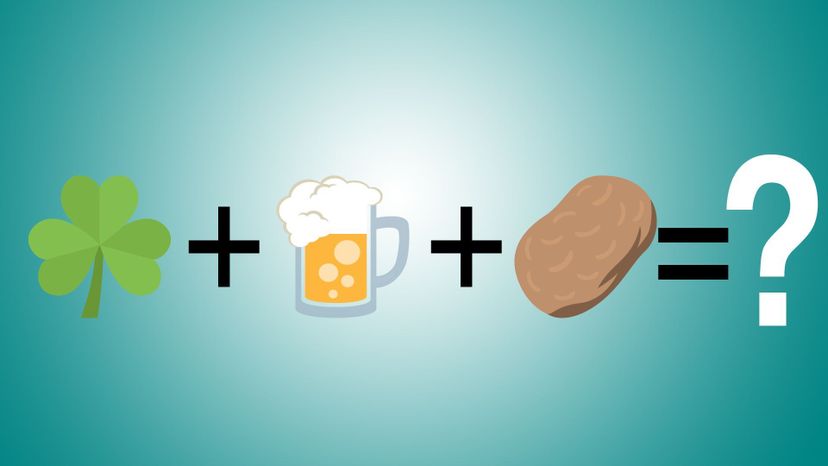
The shamrock or three-leaf clover has been a symbol of Ireland since the 18th century. Its leaves are said to represent faith, hope, and love. The four-leaf clover is a very rare variation, and thus the fourth leaf is said to represent luck for the finder.
Advertisement
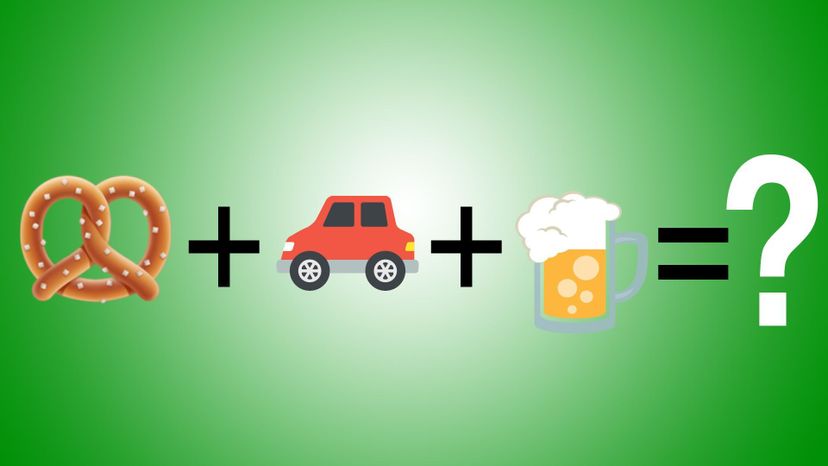
While pretzels are routinely associated with Germany, there is one story that places their invention in 7th century Italy. It is said a monk first made them as treats (in the shape of arms crossed in prayer) for his young students.
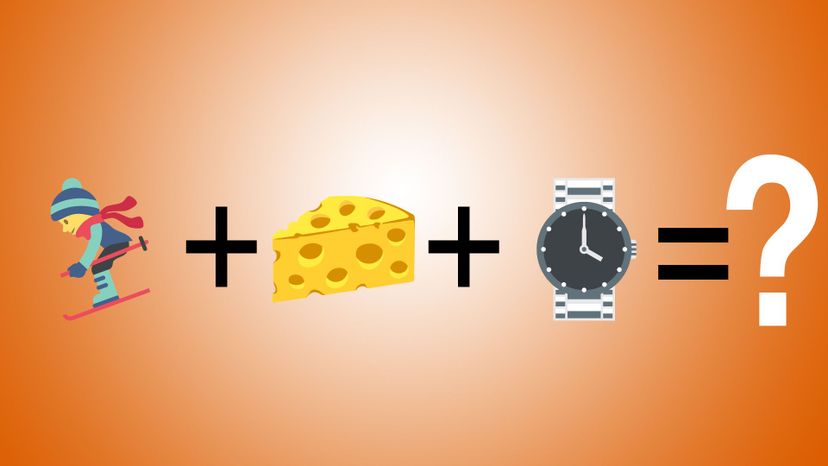
Holey cheese! The hole-filled cheese, known as Emmentaler, is typically associated with Switzerland but is just one of many varieties the country produces. The holes, or eyes, are formed by carbon dioxide bubbles. While larger eyes usually mean more flavor, they also tend to lead to crumblier cheese!
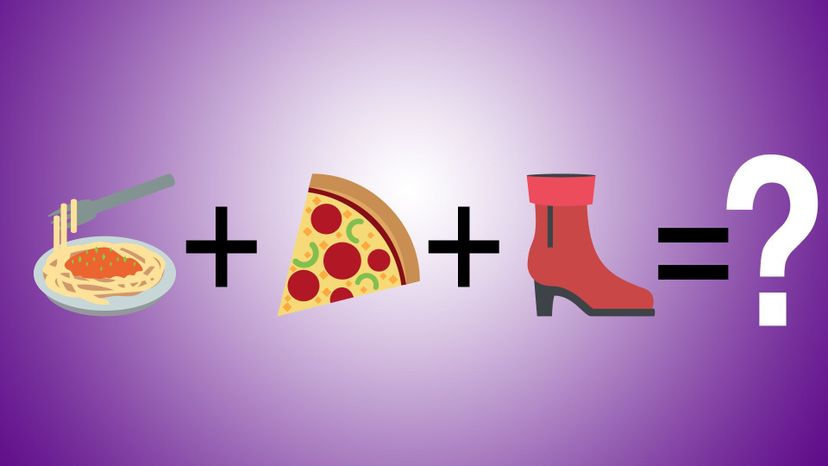
Although the history of the pizza stretches as far back as 10th century in Italy, America didn't get its first pizza-selling establishment until early in the 20th century. Soon after World War II, America's love for pizza exploded, thanks in part to the American soldiers who had been stationed in Italy and returned home still hungry for a slice of the cheesy goodness!
Advertisement
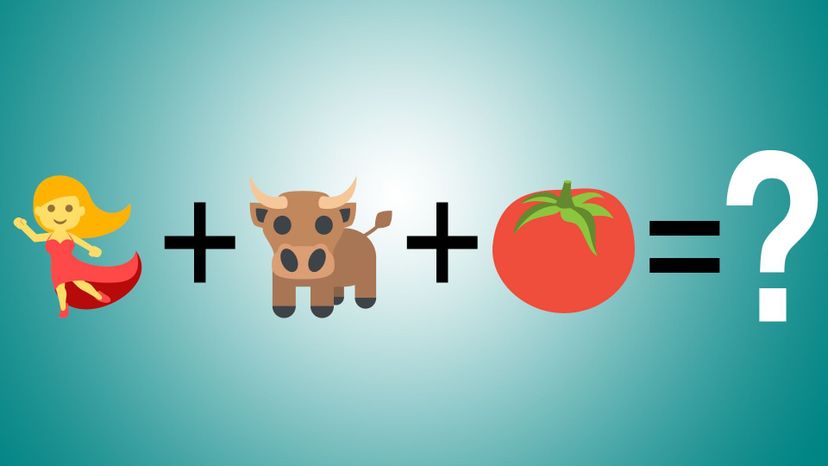
La Tomatina is an annual festival held on the last Wednesday in August in Buñol, a town in Valencia, Spain. The festival, which now draws tens of thousands of people, is said to have begun in 1945 following a street brawl. It's estimated that over 200, 000 pounds of pre-softened tomatoes get thrown during La Tomatina.
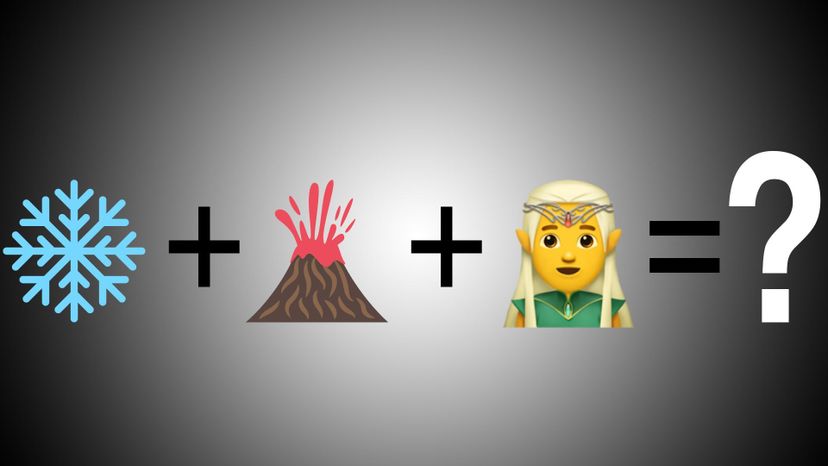
Iceland is known as the Land of Fire and Ice because of its collection of both magnificent glaciers and stunning active volcanoes. Another distinction Iceland holds is that it actually sits on two continents: North America and Europe. The boundary (or ridge) is clearly visible in the southwestern region of the country.
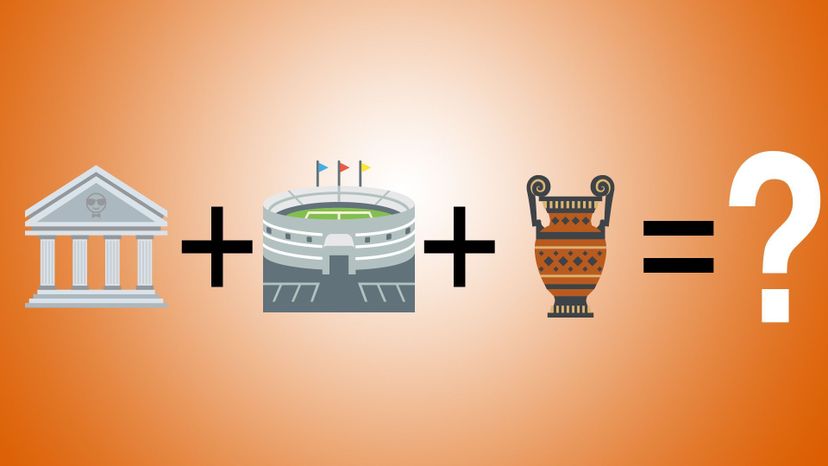
The ancient Olympic Games were all held in Olympia in southern Greece during the 7th and 8th centuries. The modern games were first held in April 1896 in Athens, Greece. They have since been held every four years in cities around the globe and have only been canceled on three occasions due to the World Wars: 1916, 1940 and 1944.
Advertisement
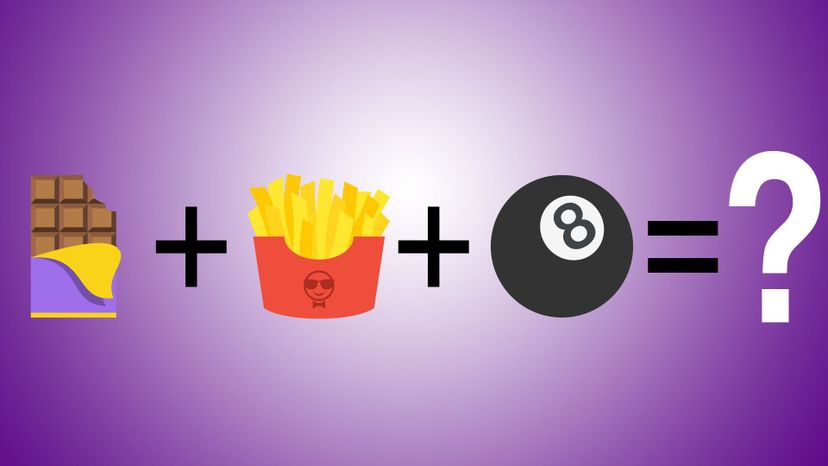
Belgium is famous for quite a few things, including its chocolate and the billiard balls it manufactures. Of course, waffles and French fries are also a big part of the country's culinary history. Lovers of classic films should also be interested in learning that movie star and fashion icon of the 1950s and 1960s, Audrey Hepburn, was born in a town near Belgium's capital, Brussels.
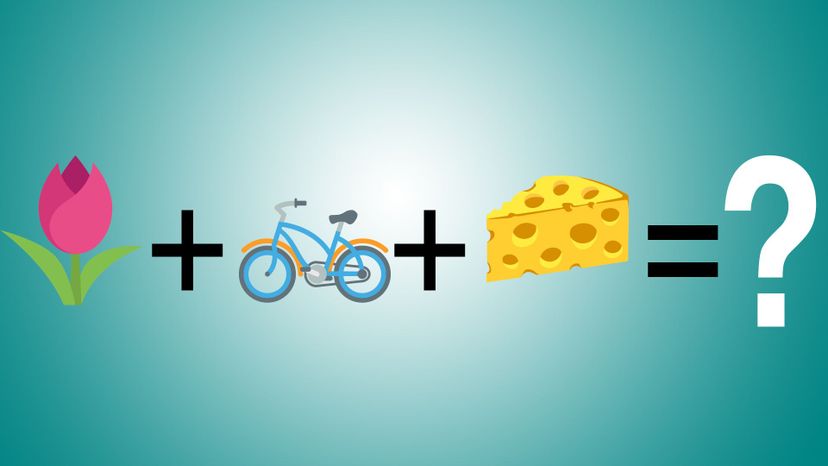
The tulip has long been associated with the Netherlands to the point where many persons feel the flower originated there. In fact, while the Netherlands is currently the world's largest commercial producer of tulips, the plant was cultivated in Asia for centuries before it was introduced to Europe in the 1500s.
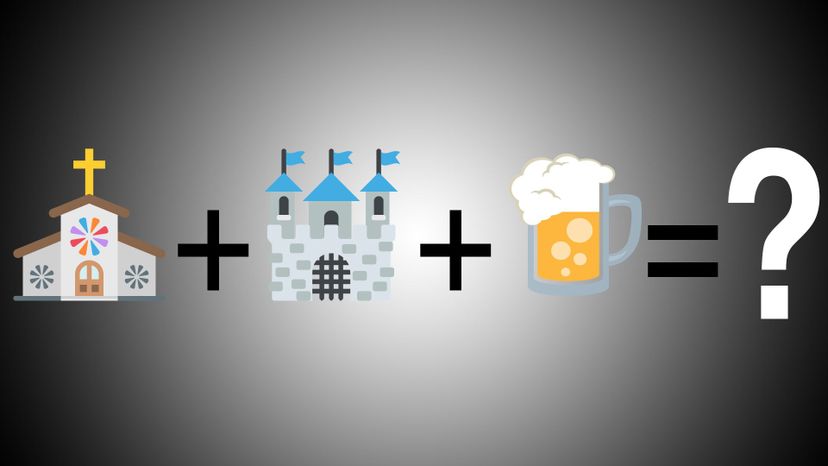
A great deal of Poland's history and culture is reflected in its architecture. The country boasts hundreds of grand castles and churches, many of which are now tourist attractions. Roman Catholicism is a major denomination in Poland, and the country has produced one Pope (to date): John Paul II.
Advertisement
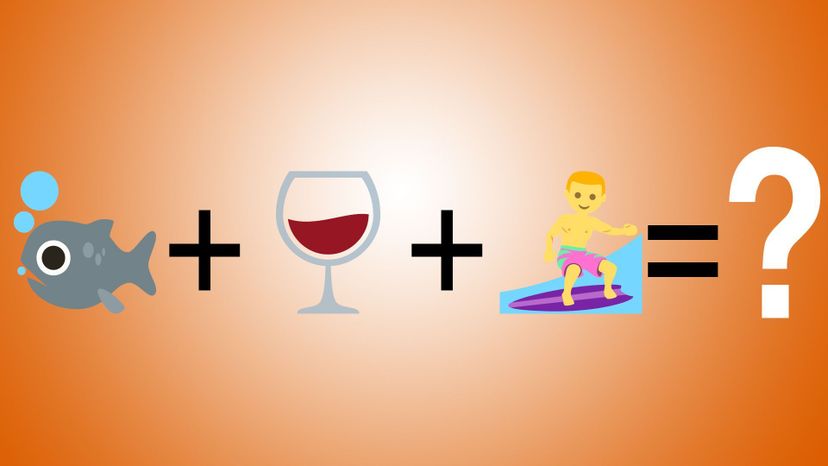
Portugal is one of the oldest countries in Europe and in the 15th century became one of the first to reach the New World. As a result of Portugal's history as a colonial power, Portuguese is spoken in several countries around the world and is now the official language of Brazil; Cape Verde; Angola; Guinea Bissau; Mozambique; and Sao Tome and Principe.
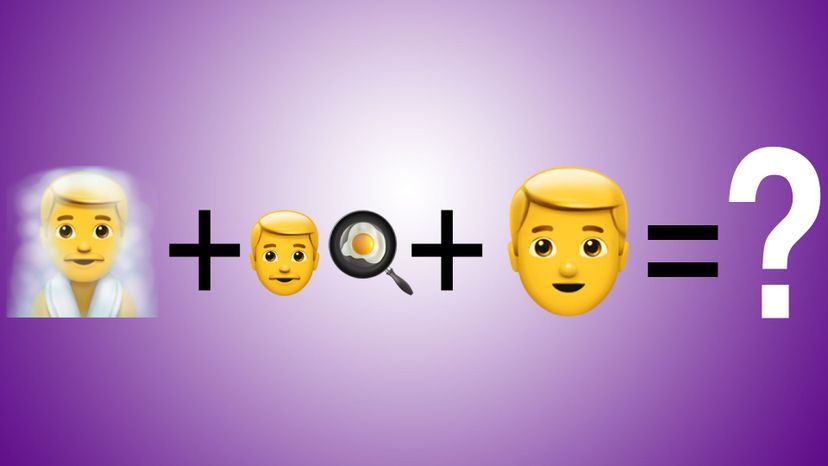
The Swedish Chef Muppet has appeared on "Sesame Street" since 1975 and is one of the show's most popular characters. It might surprise many persons to find out, however, that he is not at all popular among Swedes who often describe his gibberish as sounding more Norwegian than Swedish. In Germany, he is referred to as Danish.
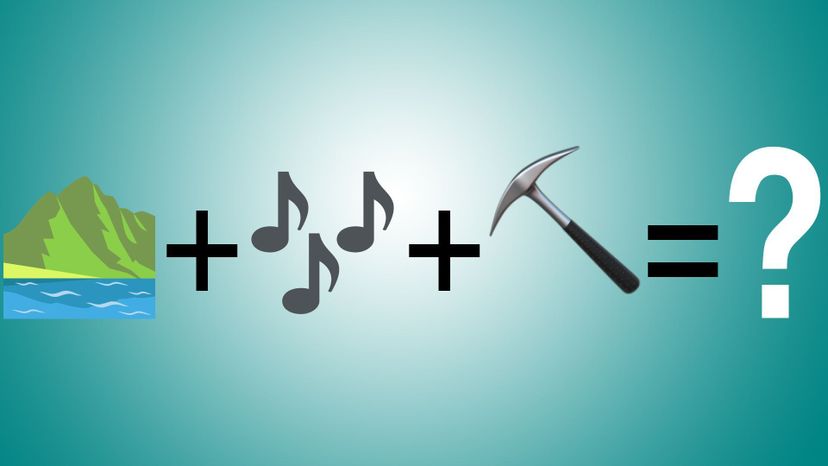
The Edelweiss flower is very often associated with the Alps and the countries of the Alpine region. Its association with Austria (where it is viewed as a national symbol) was bolstered by the film "The Sound of Music" (1959) in which the Rodgers and Hammerstein song, "Edelweiss," is performed by Captain von Trapp.
Advertisement
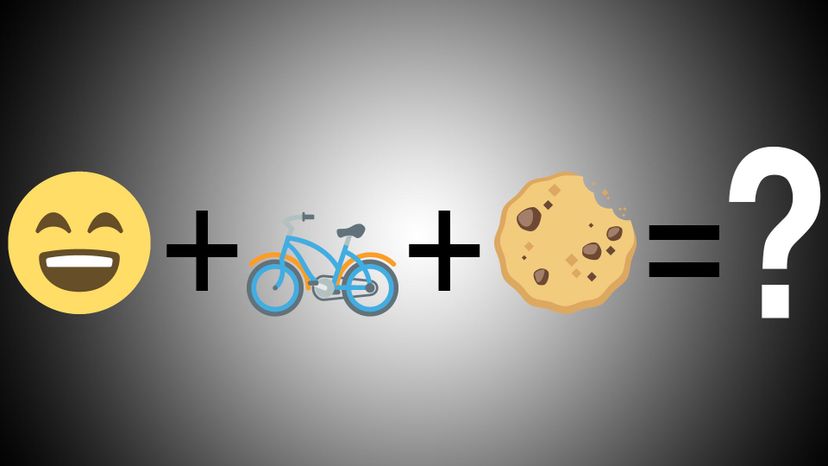
Danes are among the happiest people in the world - that's according to the World Happiness Report from the United Nations. Some persons attribute the Danish joy of life to healthy living, including the Danes' love of cycling.
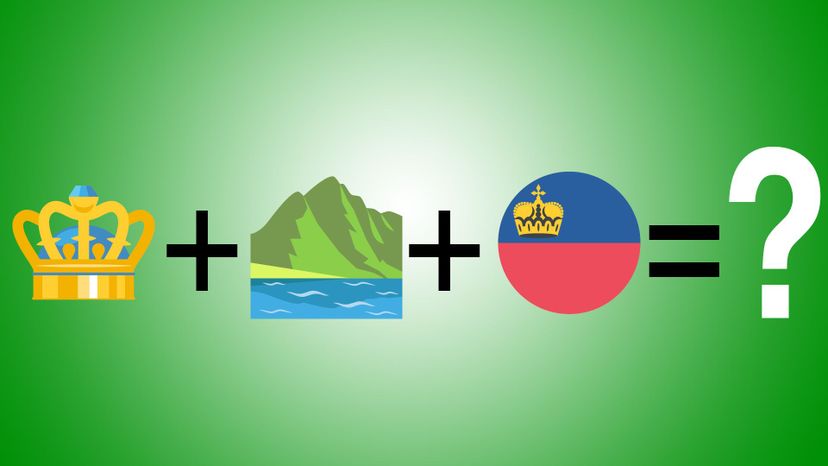
The microstate of Liechtenstein is one of the smallest countries in the world. The country's head of state is the Prince of Liechtenstein, currently Hans-Adam II, whose family has reigned since 1608.
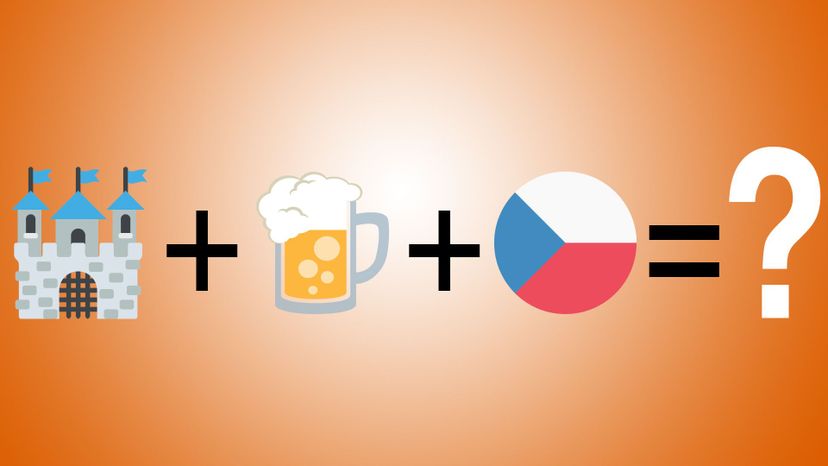
Close to 2 million people from around the world visit Prague Castle annually. It has an area of roughly 750, 000 square feet and is hailed as the largest ancient castle in the entire world!
Advertisement
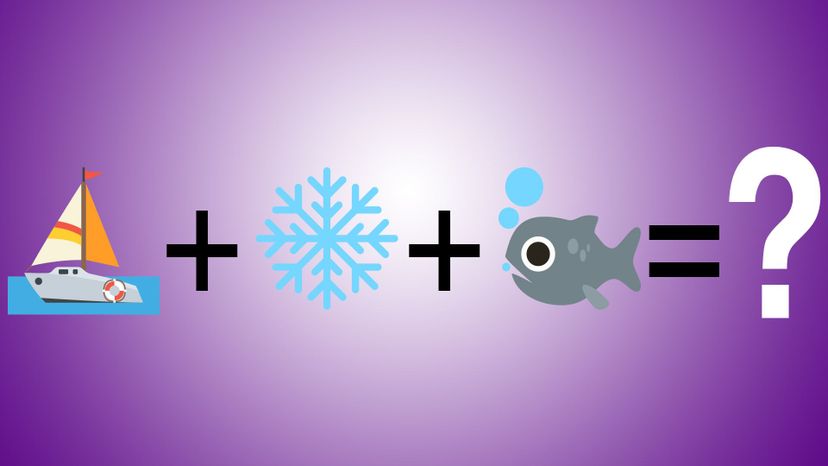
The longship or Viking ship is one of the most recognizable symbols of the Viking age. The Vikings were seafaring warriors from Norway, Denmark, and Sweden who raided other regions, near and far, between the 9th and 11th century.
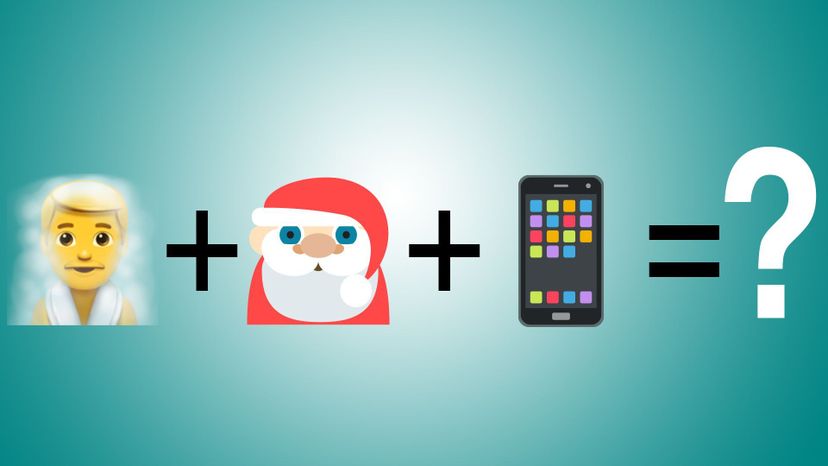
Lapland, which includes parts of Finland, Norway, Sweden, and Russia has long been thought of as the home of Father Christmas (a figure very similar to Santa Claus). In Finland, Father Christmas is known as Joulupukki, and his secret workshop is said to be located in Korvatunturi in Finnish Lapland.
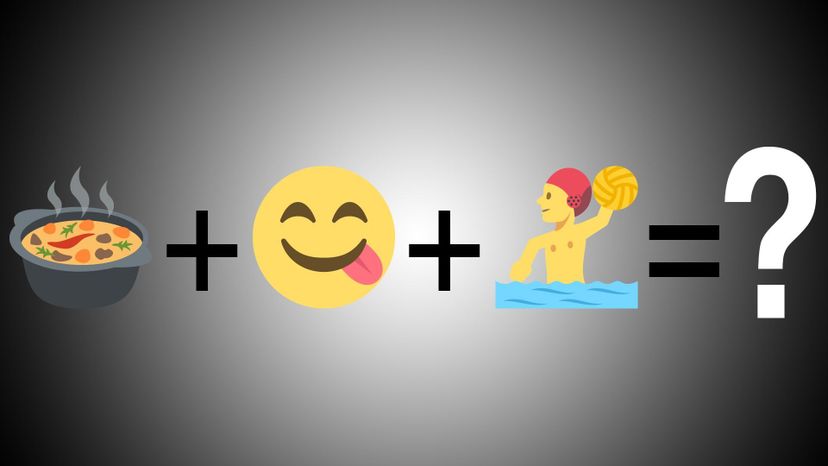
If you do get hungry while visiting Hungary, be sure to try the country's national dish: Gulyás - a paprika-seasoned meat stew commonly called goulash in other parts of the world. Try a game of water polo afterward to burn off some of those extra calories. The game is very popular in Hungary, with the Hungarian men's team ranked as the most successful around the world.
Advertisement
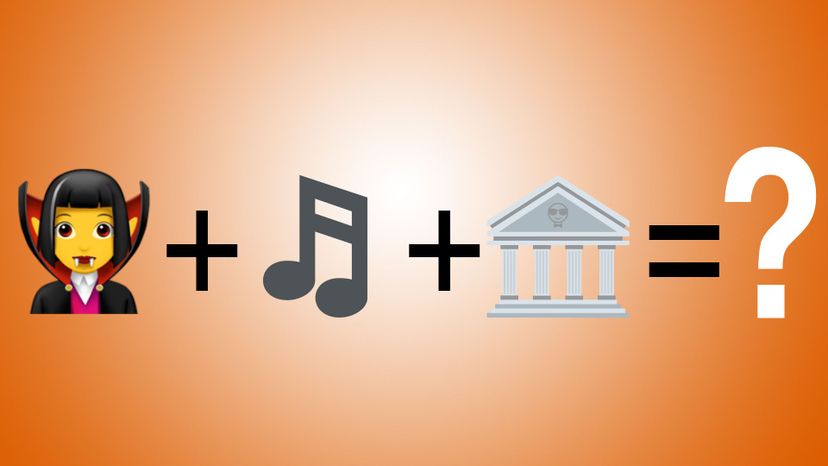
Many people associate the fictional character Count Dracula with Romania and in particular with its Transylvania region. Bram Stoker, the author of the 1897 gothic horror novel in which Count Dracula first appears, is said to have based the character on a prince from the region, known as Vlad III or Vlad the Impaler who was famous for executing his enemies by impalement.
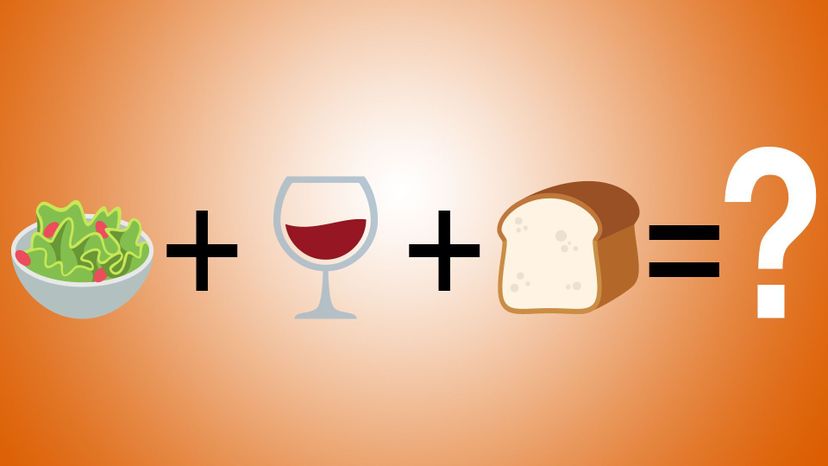
Bulgaria is one of the oldest countries in Europe. Its capital, Sofia, was established as a town over 7, 000 years ago. Bulgarian cuisine is well-noted for its prolific use of both salads and bread.
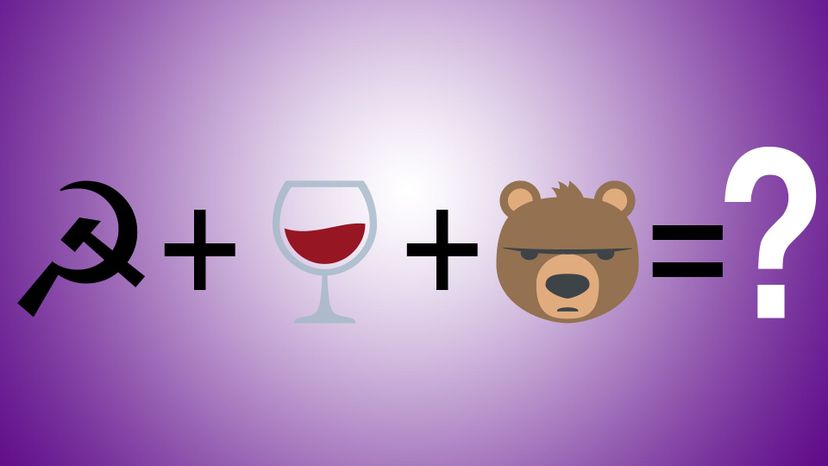
Lake Baikal in Russia is the largest and deepest freshwater lake in the world. The brown bear is among the diverse range of animals that can be found in the region surrounding the lake.
Advertisement
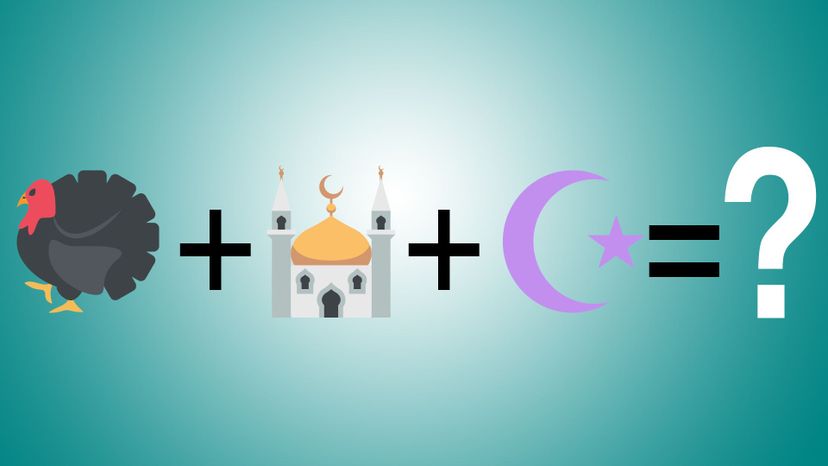
Turkey, (the turkey bird, that is) is named after Turkey, the country - sort of. More accurately, it is named after a bird brought to Europe from Madagascar by Turkish merchants (called Turkey merchants) in the 1500s. When a similar bird was found in the Americas, it too was named turkey.
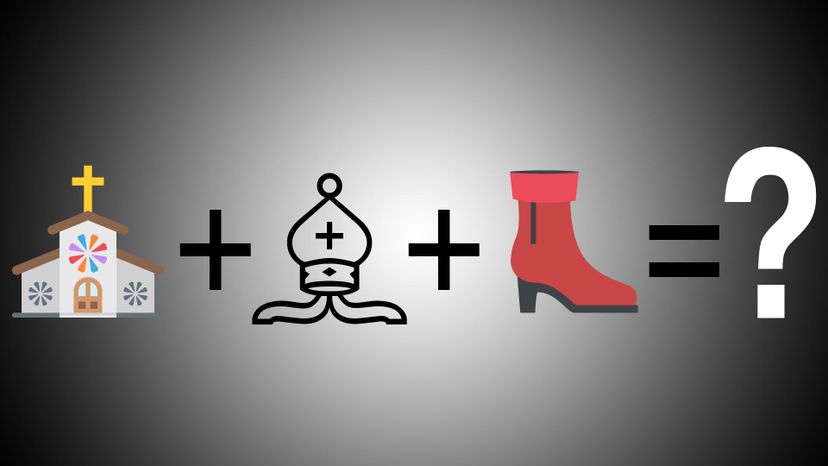
Vatican City is a microstate and a city-state. It is the smallest country in the world in terms of both area (110 acres) and population (about 1,000). Vatican City is also an enclave country since it is located inside another country - Italy. There are only two other enclave countries: the Republic of San Marino, also within Italy, and the Kingdom of Lesotho, inside South Africa.
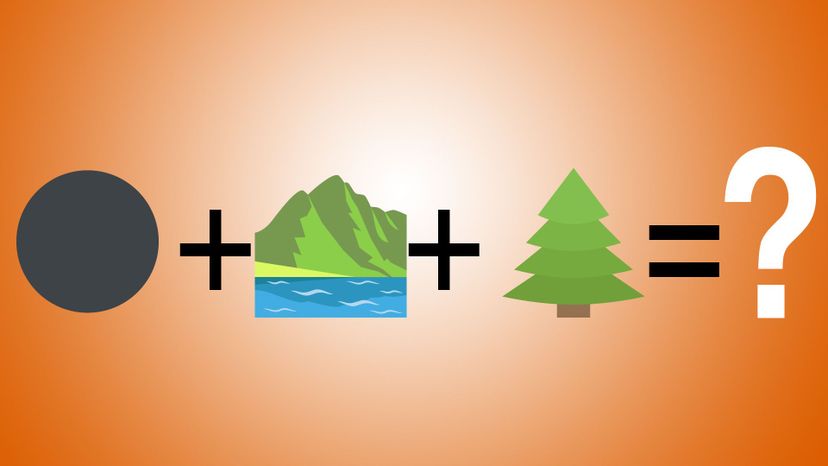
Montenegro's name means "black mountain†and refers to Mount Lovćen in the southwestern region of the country. The whole mountain takes on a darkened appearance when it is covered in thick forest.
Advertisement
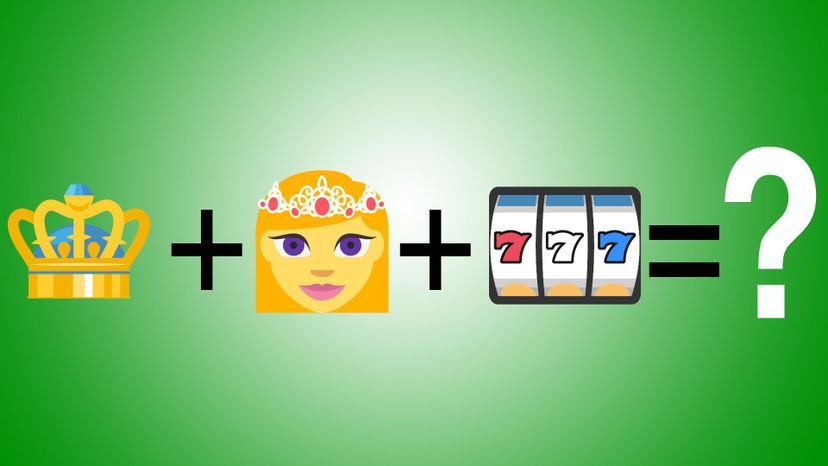
Monaco, the second-smallest country in the world, is almost completely surrounded by France, which borders it on three sides. The Mediterranean Sea lies on the fourth side, making Monaco the smallest country with a coastline.
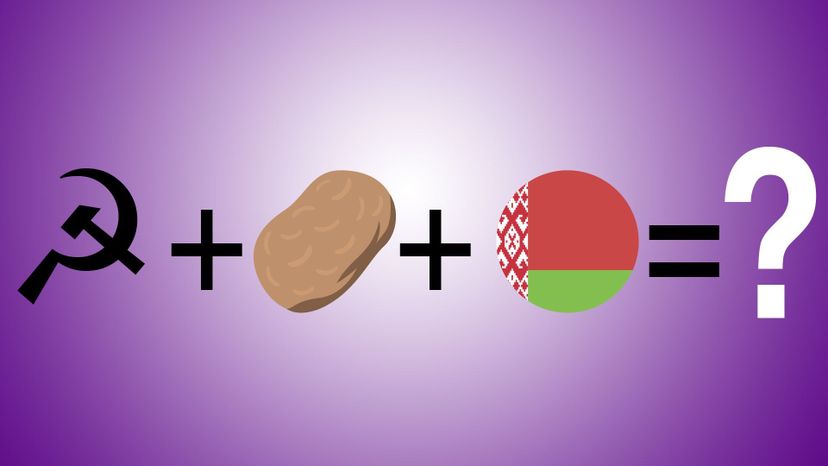
Many people mistakenly think Belarus is a part of Russia, perhaps because the country shares a border with Russia and was part of the Soviet Union. Belarus also shares a border with Poland, along which you will find one of Europe's oldest forests where hundreds of European bison, the largest land animal on the continent, still roam.
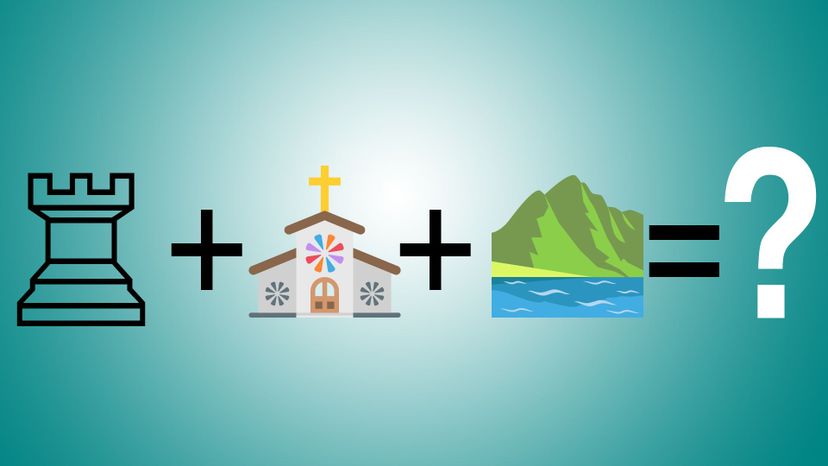
In the year 301, Armenia became the very first country to adopt Christianity as its national religion. Armenia is also home to the world's oldest cathedral, which is thought to have been built sometime between 301 and 303. The building was restored during the 15th century and is still in active use today.
Advertisement
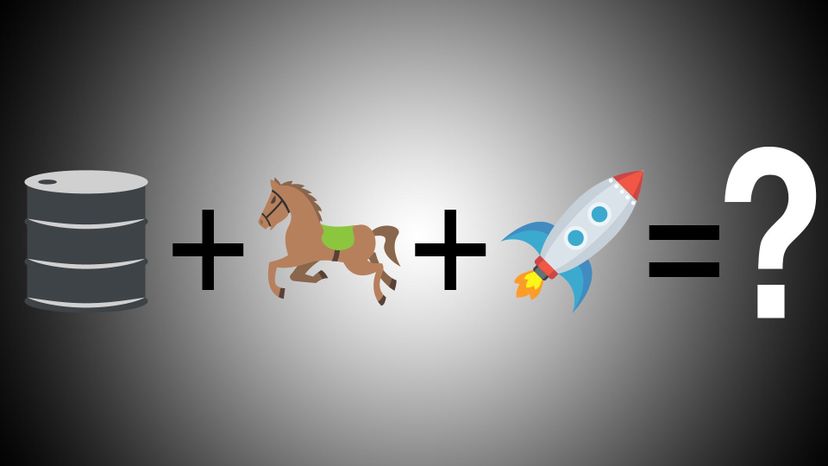
On April 12, 1961, the Soviet Union made history when it launched the first human spaceflight from a site in Kazakhstan. The country is also well-known for its prominent oil and gas industry as well as being the first region to domesticate the horse.
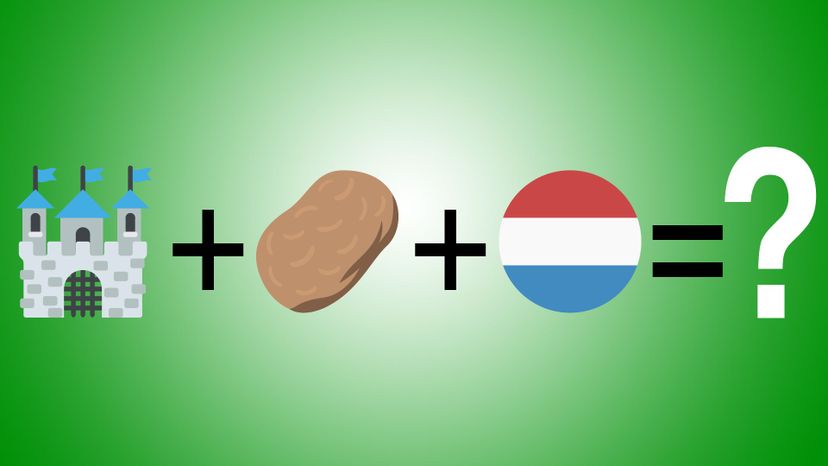
The small, landlocked country of Luxembourg is the only grand duchy remaining in the world and is currently headed by Grand Duke Henri. Luxembourgish cuisine is quite diverse with the potato featured prominently in many dishes, including the national dish.
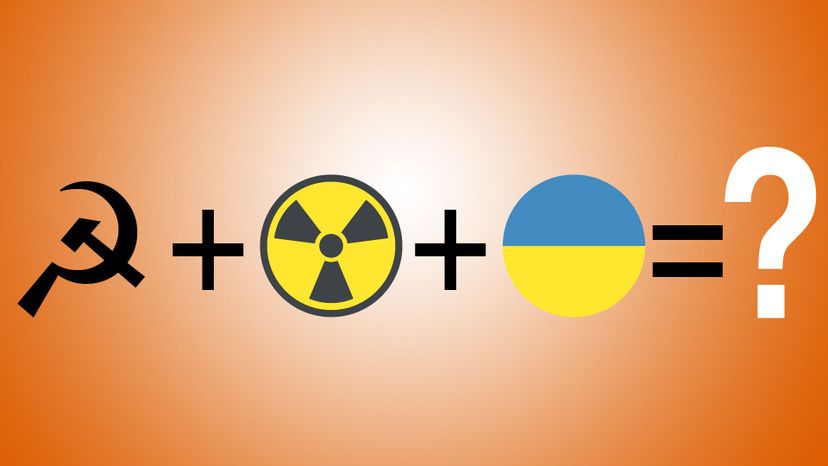
Between April 25 and 26, 1986, the Chernobyl Nuclear Power Plant in Ukraine experienced a catastrophic explosion that has since been dubbed "the Chernobyl Disaster." The plant was located close to the now "ghost town†of Pripyat - a city built to accommodate workers at the plant and their families.
Advertisement
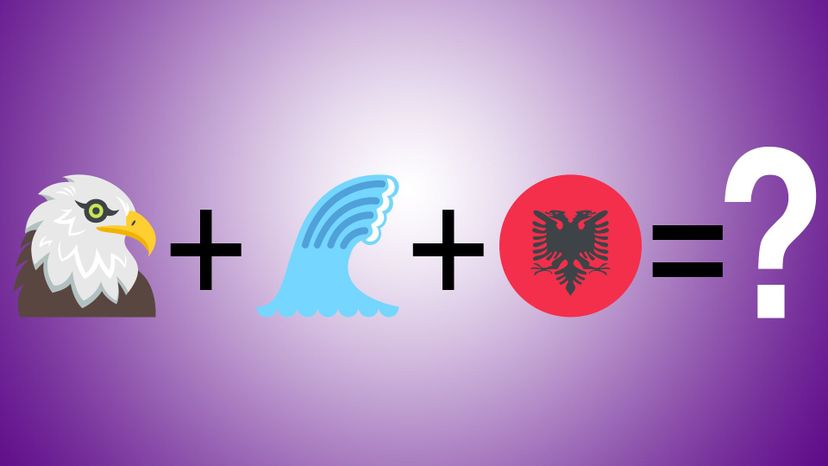
This mountainous southeastern European country has a population of just about 3 million, but some estimates say as many as 7 million Albanians live outside the country. Albanians often refer to their country as "Land of the Eagles†or "Children of the Eagles†with the golden eagle being one of Albania's national symbols. It is also prominently featured on the country's flag.
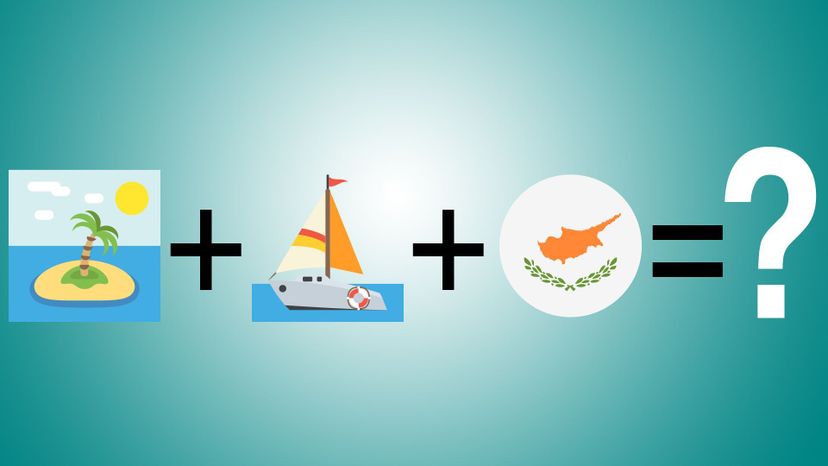
The Mediterranean island-country of Cyprus is noted in Greek mythology as the birthplace of both Aphrodite (the goddess of love) and Adonis (her mortal lover and half-brother). In fact, there is a sea stack in the southwestern coastal town of Paphos called Aphrodite's Rock, which is said to be the exact location of her birth.
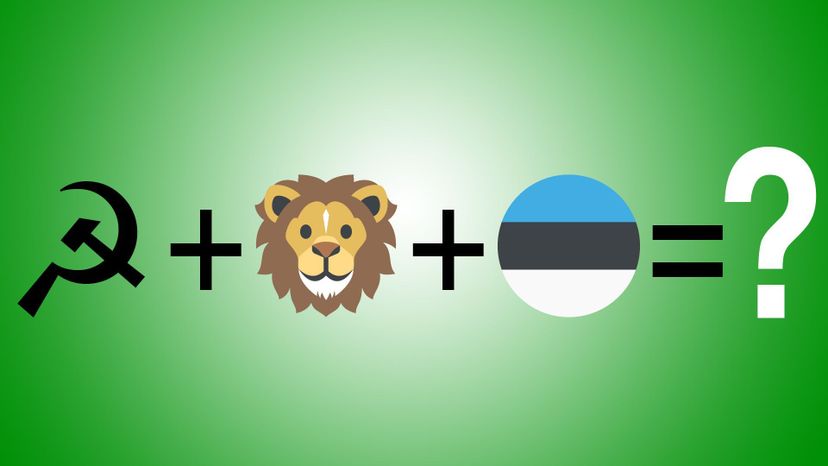
During its 20th century history, Estonia was an unrecognized Soviet Socialist Republic and occupied by Nazi Germany. Long before that, in the 13th century, the northern region of the country was ruled by Denmark. The country's past link to Denmark is still evident in the similarity of the Estonian coat of arms which bears three lions similar to the coat of arms of Denmark.
Advertisement
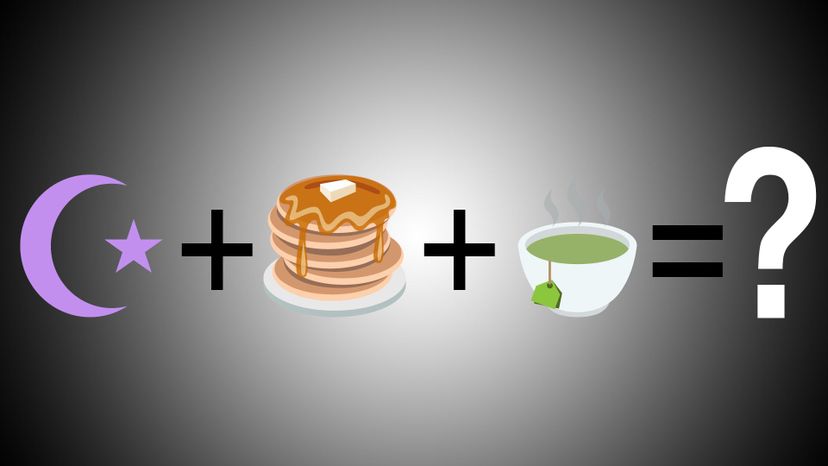
Azerbaijan is one of several transcontinental countries straddling Europe and Asia. The crescent and star on its flag are sometimes said to represent the fact that the vast majority of the population is Muslim. Tea drinking is deeply ingrained in Azerbaijani culture, with traditional pear-shaped armudu glasses used on many occasions.
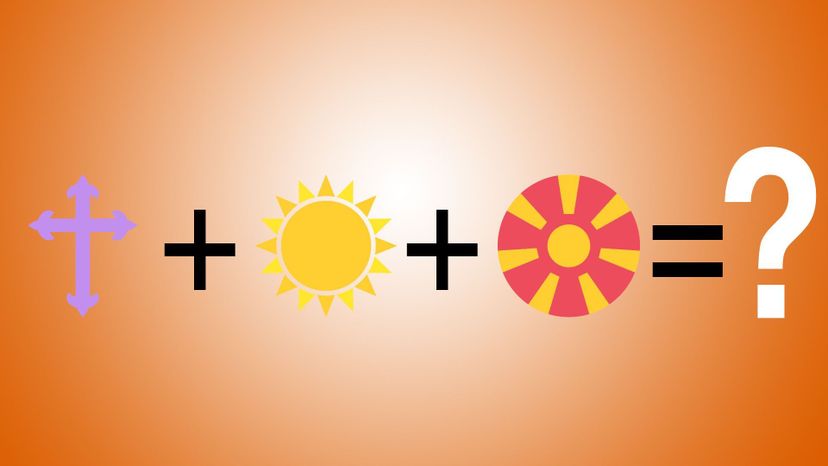
Quite often you will see the Republic of Macedonia referred to as F.Y. R.O.M. that stands for Former Yugoslav Republic of Macedonia. Macedonia declared its independence in 1991 and was officially recognized by the United Nations in 1993.
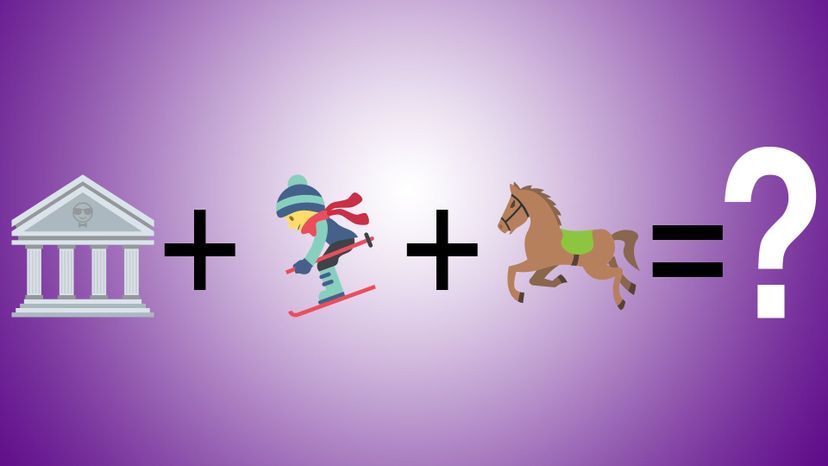
The microstate of Andorra is sometimes referred to as the Principality of Andorra or the Principality of the Valleys of Andorra. It is sandwiched between the two much larger countries of France and Spain and has developed a system of Co-Princes to head its government: the President of France and the Spanish Catholic Bishop of Urgell.
Advertisement
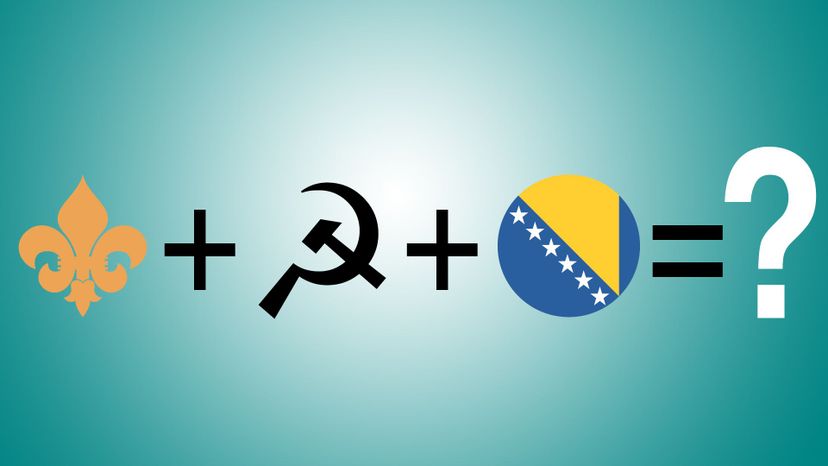
One indication of Bosnia and Herzegovina's historical relationship with Turkey is in the fondness of Bosnians and Herzegovinians for Turkish coffee. It is often called Bosnian coffee and paired with rahat lokum (Turkish delight confectionery).